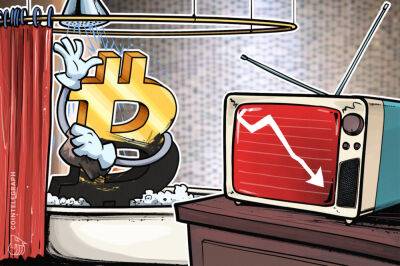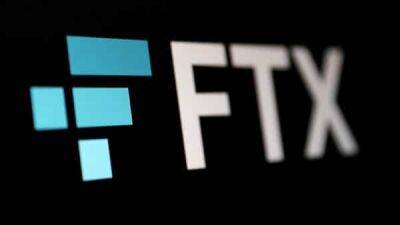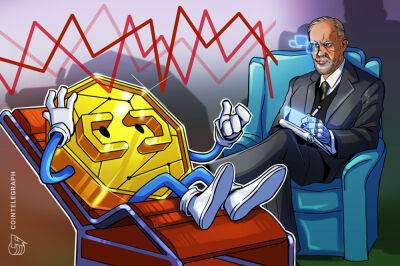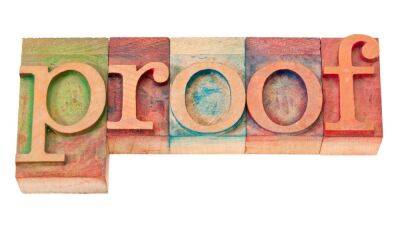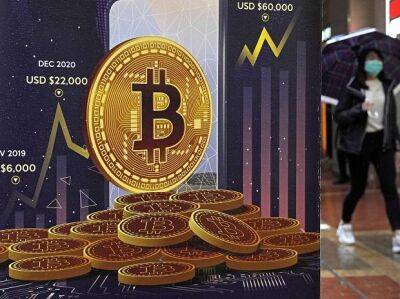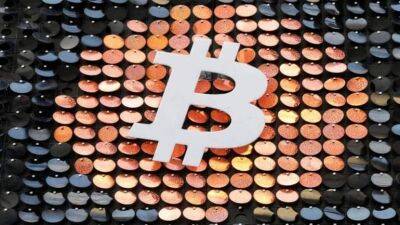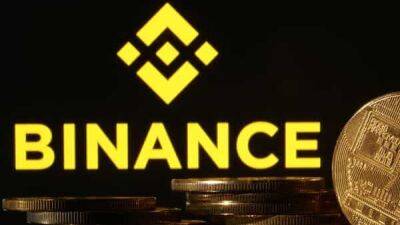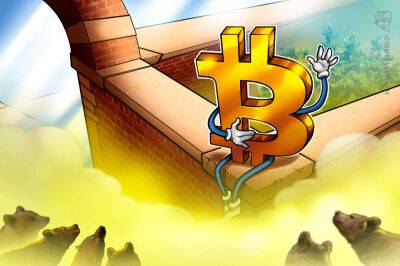Amid Binance-FTX deal fallout, calls for 'proof of reserve' grow louder
With Binance pulling out of the deal to buy FTX, the crypto market on Thursday saw a major sell-off. The total cryptocurrency market cap was below $850 billion. Bitcoin was down over 18 per cent in the last seven days, and Ethereum was down nearly 25 per cent. FTT, FTX's token, was down nearly 90 per cent in the same period. Exchanges and experts are now batting to start proof of reserve for full transparency.
"Exchanges should follow a 'proof of reserve' approach. After the recent debacle of FTX, the whole world of Crypto Exchanges (CEXs) will be implementing the proof of reserves," Punit Agarwal, founder and CEO of crypto tax platform KoinX, said.
"Proper transparency or proof of reserve for retail funds is essential to prevent such downfalls and protect retail from catastrophe," Anurag Dixit, Founder of crypto management platform Kunji, said.
"This is nothing but a procedure where a competent 3rd party seeks to assure, audit, and attest that a CEX, which is also the custodian of the user's funds, holds sufficient reserves to pay back the funds at any time when demanded by that user," he added.
Binance CEO Changpeng Zhao also recently announced that the largest crypto exchange in the world will start Merkle-tree proof of reserve. He also asked other exchanges to follow suit.
"All crypto exchanges should do Merkle-tree proof-of-reserves. Banks run on fractional reserves. Crypto exchanges should not. @Binance will start to do proof-of-reserves soon. Full transparency", he tweeted.
"Even in case of any escalation, exchanges should be able to liquidate and have large reserves to back up their tokens," Edul Patel, CEO and co-founder of crypto investing platform Mudrex, said.
What is Merkle-tree proof of reserve?
"The
Read more on business-standard.com




